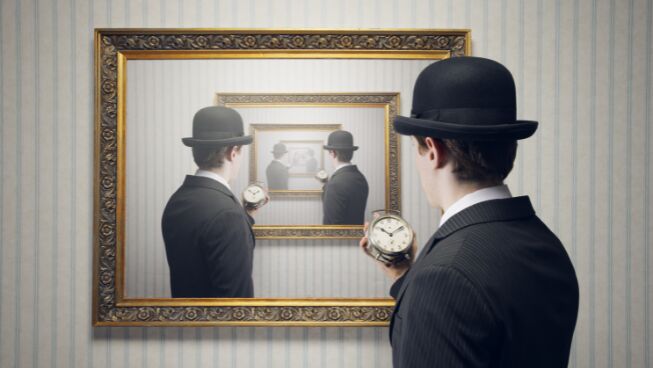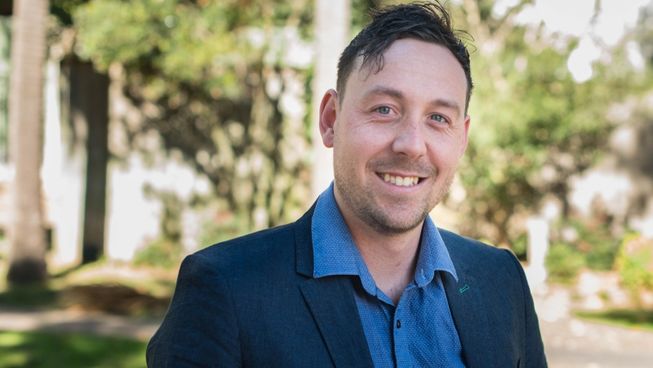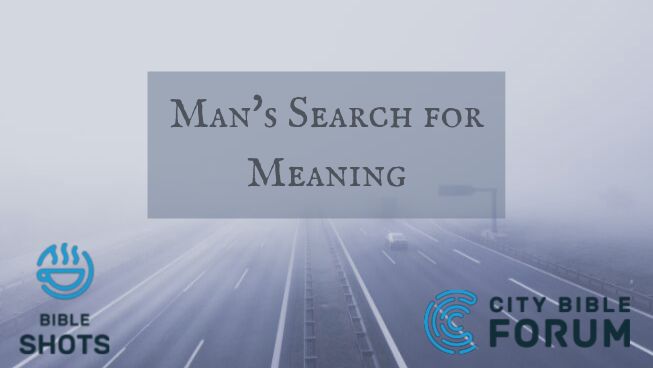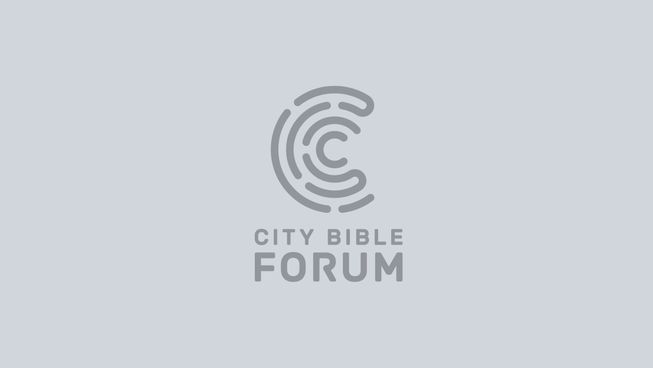
I’ve never been much of a self-help book kinda guy. It’s not that I don’t work hard to improve myself, or that I think they’re scams (though some most definitely are). It’s just that they’ve never really synced up with where I’m at in life. If I follow the steps will I really be like the ‘self-made’ millionaires? Will I really find that elusive bounty of happiness that is only available to the ‘new me’?
Sure some principles are undoubtedly helpful and will change your fortunes once implemented, but many of these books don’t seem to account for extraneous variables or that hollow feeling that sometimes comes with success. Oh and so.many.baseball.analogies. What happens when my life doesn’t line up perfectly, fit into a neat box, or have that perfect analogy?
Personally, I’m more of a wannabe philosophy geek. Sometimes musing over the absurdity of life can bring strange comfort and uncover profound realities of the human mind. The philosopher is devoted to contemplation, and to paradox, Exploring the things that are unseen, and yet which govern so much of human behaviour, values, thought, and understanding.
Philosophy likes to follow ideas through to their rational conclusion, and yet some ideas get pretty messy when they come up against the complexities of real life as irrational beings act in unpredictable ways. Philosophy also has better jokes and memes:

Recently my wife recommended listening to Brene Brown’s ‘Dare to Lead’ podcast, as something that might be helpful for work. She scrolled through the titles and the guests, and eventually, we settled on a big-name guest: Former U.S President Barack Obama. I figured he would have learned a thing or two in his time, so we jumped in.
They mostly opened by talking about family and Obama’s memoir A Promised Land, before jumping into one of the more intriguing aspects of leadership; straddling paradox. Holding opposites together. Acknowledging that two competing things can be true. And how leaning into uncertainty can make us better leaders, and people.
Brown introduces the topic by dropping a concept we ought to be familiar with on this site.
“Some people in union circles call it ‘the Third Space’–there is belief that people who can hold the discomfort of paradox are truly the most transformative leaders among us…it requires a level of comfort with ambiguity…holding the tension of duality”.
They go on to discuss how important it is to be able to see a bunch of different points of view at the same time, and that the absurdities of life need not paralyse us. Many of the most important decisions we will ever make are going to be 'lose/lose' in some way, so we can’t please everyone or come up with perfect solutions to complex problems all the time. Trying to do so can create the inverse problem of ‘paralysis by analysis’, where we become terrified of the blowback to pragmatic decisions.
And yet, “just because something doesn’t have the perfect answer doesn’t mean it doesn’t have a better answer”, as Obama opines. Sometimes finding a better answer involves learning from those we disagree with.
It’s refreshing to hear the idealistic and hopeful tone in their conversation, reflecting the best of a seemingly bygone era where reaching across the ideological aisle was commonplace and expected. Where ideas rather knives were sharpened, and truth was earnestly and patiently sought. There’s something about intellectual humility and curiosity.
Recognising our limitations, our presuppositions, our motivated reasoning, and finding truth beyond ourselves. Obama reflects that he was always "suspicious of people that were too sure of themselves". We’re only ever one ill-advised sentence or faux-pas away from playing the fool.
Besides, it’s not like everything is black and white. The world is full of complex ideas, problems, and tensions, to which we all respond differently. Some people may surprise us when they don’t fit our narratives and categories. Obama again shares a common misconception about faith and science:
“When I think about great scientists, it’s interesting to discover how many of them actually have deep religious faith, despite the fact that it’s been posited that somehow religion is contrary to science, but they don’t see that contradiction.”
Maybe a religious faith-like Christianity-is deeper, richer, and more robust than anti-theists appreciate or understand. Maybe we can take individuals and groups of people on their own terms and not make assumptions ahead of time about whether or not we can connect with them because of their values.
It’s easy to write off the Christian faith for a range of cultural and personal reasons; mistaking it for a self-help scam that promises the world, and yet produces partisans and progress-stoppers. But don’t let the comforts of preconceived ideas sabotage a genuine exploration of the immaterial and eternal.
Cracking open your dusty Bible can be the start of a powerful encounter with the living God, and an enchanting new lease on life. At first reading, it may seem contradictory, or even a work of sophistry. Or it might change your life. You may find the paradoxical elements of faith persuasive, and true to the grey areas in everyday life and existence. You may find the person and life of Jesus utterly compelling despite his unflinching mandate to die-to-self.
The Bible understands grey areas and complexity. Some of the central doctrines of Christianity are stunning paradoxes. For example:
- Affirming both the divinity and humanity of Jesus
- Affirming both Free Will and God’s control over all things
- Grieving a world full of gut-wrenching evil, depravity and suffering, yet celebrating lavish beauty, wonder and goodness
- Warning of the gravity of sin, while emphasising the stunning certainty of forgiveness
- Acknowledging our infinitesimal size, yet immeasurable value in God’s sight
- Understanding the way our souls both crave God and push him away simultaneously
- The climax of God’s strength being shown in crippling weakness as the Son of God lies bloodied and oxygen-starved on a lonely execution site
- Promising that by dying to ourselves, we can gain life in abundance and fullness
Sometimes paradox will take us to uncomfortable places, but almost always it’ll have a transformative effect on how we understand reality.
Just because something doesn’t have the perfect answer doesn’t mean it doesn’t have a better answer. So I want to propose checking out Christianity afresh. Casting off the cultural blinkers, and embracing the uncertainty. We want to invite you to read the Bible with us. It might provide a better answer than you bargained for or imagined.
And it might just change your life too.




